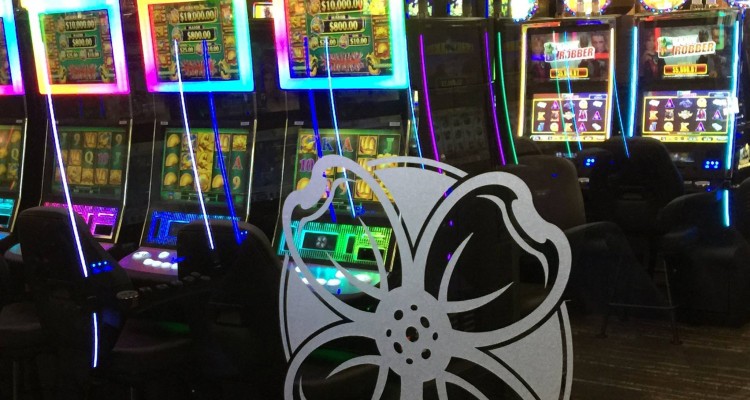After being forced to close over a decade ago, a recent ruling by a federal judge in Texas upholding the Tigua Tribes (Ysleta Del Sur Pueblo) gaming ban could jeopardize the Alabama-Coushatta‘s recently opened Naskila Entertainment center near Livingston Texas.
Earlier this month, U.S. District Judge Kathleen Cardone ruled against the Tigua Tribe’s request to rescind a 2001 court ordered injunction on gambling. The ruling is in keeping with the Texas attorney general offices’ position that federally recognized law prohibits the tribes from offering even Class II bingo games on their own lands. While the judge held the tribe in contempt for illegally operating a tribal sweepstakes, the tribe has kept its El Paso Speaking Rock Entertainment Center open as a concert and entertainment venue along with offering a few sweepstakes-style games, but held that it didn’t need to ask the court for permission anymore to conduct gaming activities.
Because the Alabama-Coushatta Tribe wasn’t part of the Tigua Tribe’s federal case, the court’s ruling doesn’t specifically apply to it, however, based on the ruling the Texas attorney general’s office could try to shutter its Class II gaming facility, which includes 365 electronic bingo terminals. The judge’s dismissal of the National Indian Gaming Commission’s (NIGC) opinion last year that approved the Alabama-Coushatta to resume electronic gaming may be enough to throw a wrench in the tribe’s gambling plans. However, based on a recent brief filed by the US DOJ with the U.S. Court of Appeals for the First Circuit stating that, “IGRA allows Class II gaming, free from state and local regulation, unless the state has imposed a total ban on all forms of a game, such as all forms of gaming akin to bingo,” Texas my want to take a measured approach and prepare for lengthy battle if they decide to intervene in the sovereign tribe’s self-determination.
Judge Cardone’s ruling failed to clarify whether or not Texas tribes could legally offer Class II gambling because that specific issue was not part of the matter before the court. The court did say that the question could be answered by the state’s decision whether or not to challenge the tribe’s operation of bingo-styled gambling in federal court. And according to The Beaumont Enterprise, the state’s attorney general’s office has yet to say whether or not it would do so.
The recent litigation revolves around the question of whether the 1987 Restoration Act, which while granting the two tribes federal recognition, included a ban on gaming activities prohibited by Texas laws, takes precedence over the Indian Gaming Regulatory Act (IGRA), which was passed a year later by Congress and established jurisdictional framework to regulate gaming on reservations. Cardone’s ruling was in keeping with the previous ruling by the U.S. Fifth Circuit Court of Appeals, as well as the state’s argument that former takes precedence. That ruling makes the opinion by the NIGC last year moot and keeps the matter in federal courts.
The Alabama-Coushatta maintains that while the NIGC’s letters which it used as the basis for its gambling authority would be precluded by the Restoration Act, the law also makes its Naskila Entertainment, which celebrated its grand opening on June 2, bingo facility legal.
The brief filed by the DOJ in the case of the Wampanoag Tribe of Gay Head (Aquinnah) on Martha’s Vineyard earlier this month would seem to bolster the Alabama-Coushatta Tribe’s position.
Currently, the only other land-based casino in Texas is the Kickapoo Lucky Eagle located in Eagles Pass.


